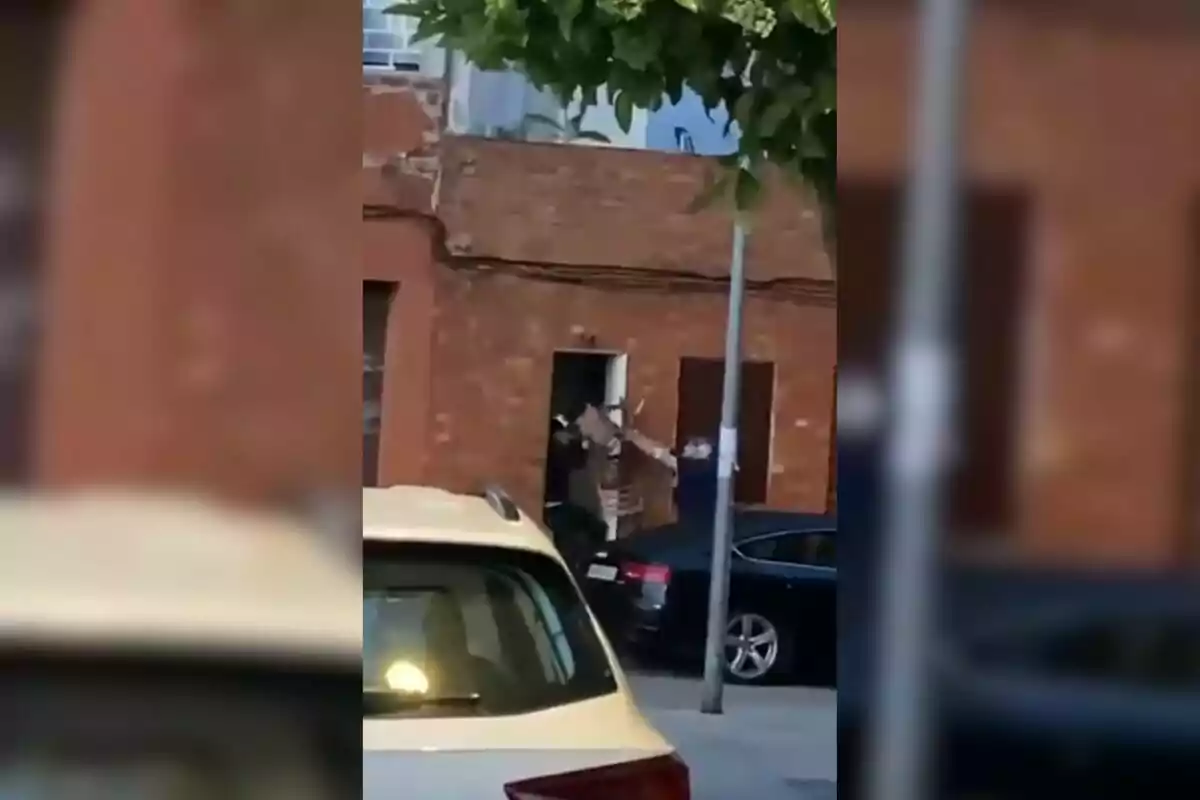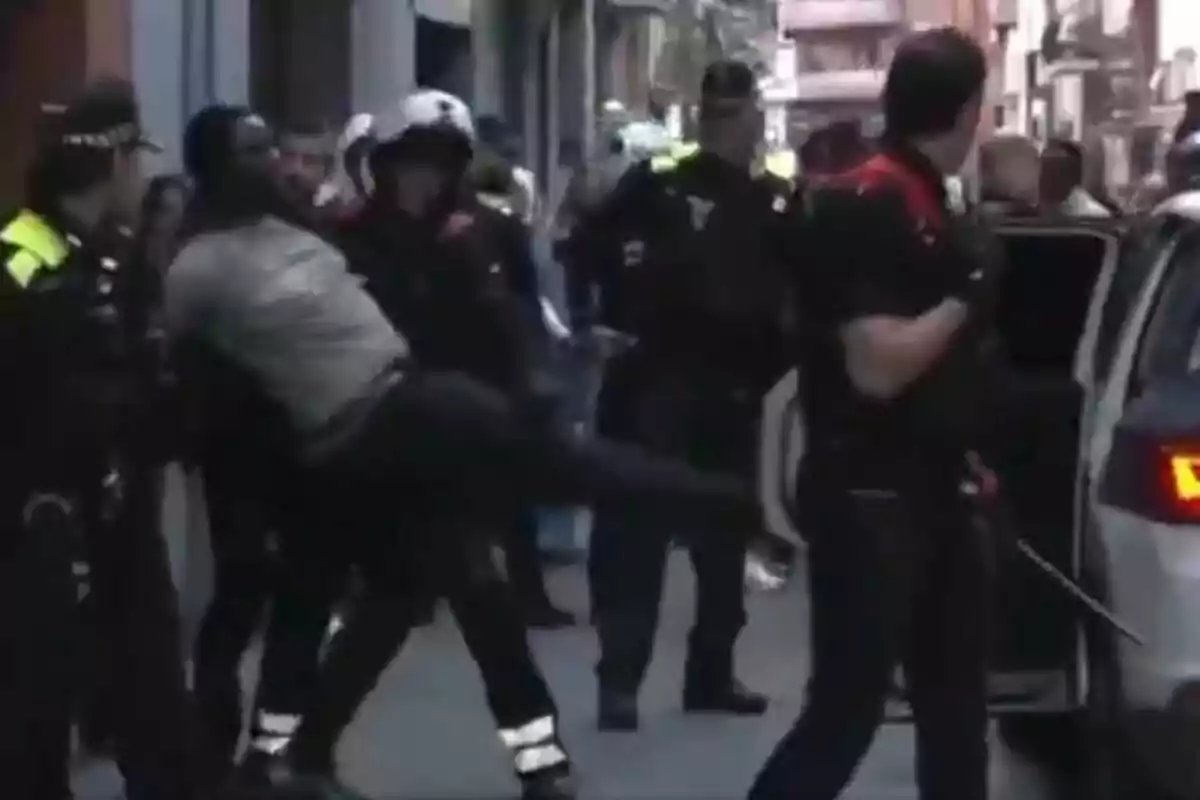
Squatting and Crime: The Pair that Disproves the Idealistic Narrative in Catalonia
Several recent events show that insecurity often originates in squatted homes
The housing crisis has reopened the debate on squatting in Catalonia. The pro-squatting left defends the legitimate appropriation of private property against the abuse and speculation of banks and large holders. To legitimize squatting, they argue that it is a very limited phenomenon and that most occur in vacant apartments by vulnerable groups.

Against this narrative, which the media have turned into the official truth, there is a reality that proliferates in the most degraded neighborhoods of large cities. Many problems of insecurity and incivility have squatted homes as their focus. The large number of thefts and fights involving squatters breaks the narrative of benevolence according to which squatting responds to vulnerability issues.
Badalona, Epicenter of Squatting
Recently, the residents of the La Salut neighborhood in Badalona witnessed yet another fight between the tenants of two problematic squats. Badalona is one of the epicenters of squatting in Catalonia. The residents live in fear, suffering from incivility, shouting, fights, thefts, and parties in the early hours of the morning.

In Badalona, as in many other places, the problem of drug trafficking is added. Many of these squatted houses end up functioning as drug dens, bases of operations for mafias for the buying and selling of narcotics.
Mataró Has Revealed the Severity of the Problem
The problem extends to other Catalan cities affected by this issue. Mataró is a good example. The city was literally taken over by squatters a few days ago, following the arrest of a foreigner who wanted to squat in a home.
It happened in the Cerdanyola neighborhood, where migratory saturation and squatting are well above the Catalan average. The residents, threatened by the squatters themselves, have been denouncing the problems of insecurity and incivility for years. As in many other places in Catalonia, they end up leaving the neighborhood they have always lived in due to the abandonment of the institutions.

This same week it was reported that the Mossos arrested two squatters from Mataró for a violent robbery in Vilafranca del Penedès. Another example of the close relationship between squatting and crime that dismantles the narrative of vulnerability.
Another incident took place last Friday in Terrassa, where some squatters were involved in a spectacular fight with sticks and machetes. Just like in La Salut or Cerdanyola, the residents of Torresana have also been denouncing the security problems caused by these squatters for some time. The same occurs in Lleida, L'Hospitalet, Figueres, Vic, or Tarragona, to name just a few examples.
Ending Squatting to Reduce Crime
These squatters usually have something in common, which is that they accumulate numerous records for thefts, fights, and assaults. But the connivance of the Catalan authorities with squatting has favored spaces of impunity that encourage repeat offenses.
If we add to this the proliferation of mafias and the multiplication of knives and firearms on the streets, it results in an explosive cocktail. Some parties and media insist on glossing over the data. But police officers on the ground privately assure that the security situation in Catalonia has worsened to unimaginable limits.
In light of this, more and more people believe that ending squatting would be a big step toward reducing crime. Many mayors are raising their voices, calling for more controls in the census and a change in laws to act harshly against squatters. Gradually, a more sensible approach to the public management of security in Catalonia is being imposed.
More posts: